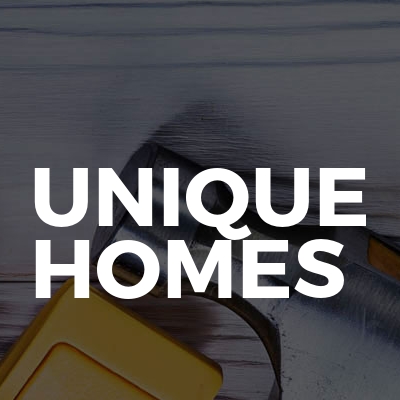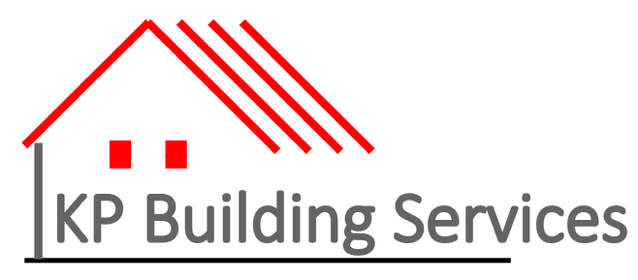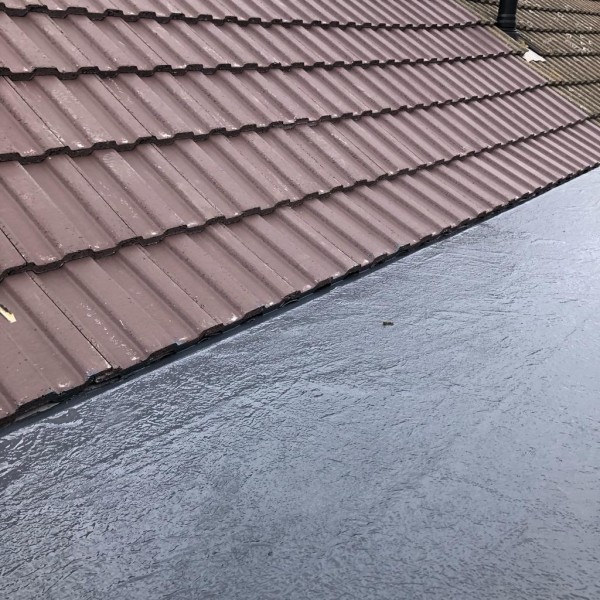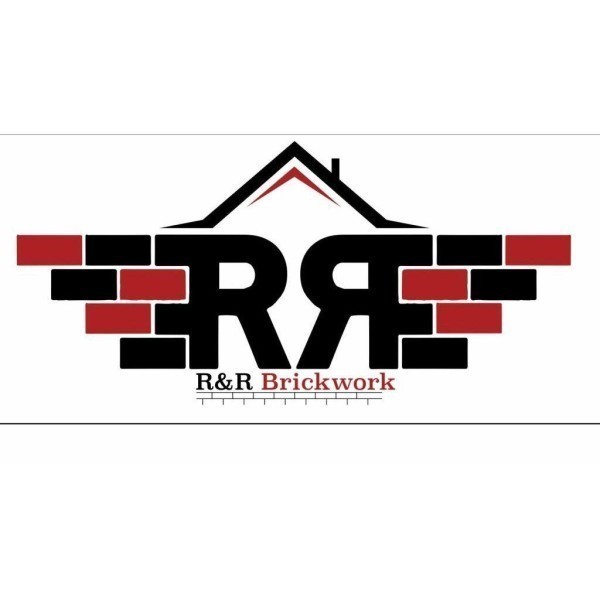Find a New Development Builder in the UK
Filter your search
Post your job FREE and let trades come to you
Save time by filling out our simple job post form today and your job will be sent to trades in your area so you can sit back, relax and wait for available trades to contact you.
Post your job FREEUnderstanding New Builds: A Comprehensive Guide
New builds have become a popular choice for many homebuyers and investors alike. With modern amenities, energy efficiency, and the allure of a fresh start, these properties offer numerous advantages. In this article, we'll delve into the world of new builds, exploring their benefits, potential drawbacks, and everything in between.
The Appeal of New Builds
New builds are often seen as the epitome of modern living. They come equipped with the latest technology, energy-efficient systems, and contemporary designs that cater to today's lifestyle demands. But what exactly makes them so appealing?
- Modern Design: New builds feature cutting-edge architectural designs, often incorporating open-plan living spaces, large windows, and sleek finishes.
- Energy Efficiency: These homes are built with the latest energy-saving technologies, reducing utility bills and environmental impact.
- Low Maintenance: With everything brand new, maintenance costs are minimal, and warranties often cover any initial issues.
- Customisation Options: Buyers often have the opportunity to personalise aspects of their new home, from fixtures to floor plans.
Types of New Builds
New builds come in various forms, each catering to different needs and preferences. Understanding these types can help potential buyers make informed decisions.
Detached Houses
Detached houses are standalone properties that offer privacy and space. They are ideal for families or individuals seeking a more secluded living environment.
Semi-Detached and Terraced Houses
Semi-detached and terraced houses share walls with neighbouring properties, offering a balance between privacy and community living. They are often more affordable than detached homes.
Flats and Apartments
Flats and apartments are popular in urban areas, providing compact living spaces with shared amenities. They are perfect for those who prioritise location and convenience.
The Process of Buying a New Build
Purchasing a new build can be a straightforward process, but it's essential to understand the steps involved to ensure a smooth transaction.
Research and Selection
Start by researching different developers and their projects. Visit show homes and compare features, prices, and locations to find the best fit for your needs.
Reservation and Deposit
Once you've chosen a property, you'll need to reserve it by paying a deposit. This secures the home and takes it off the market.
Exchange of Contracts
After the reservation, you'll exchange contracts with the developer. This legally binds both parties to the sale and typically requires a further deposit.
Completion and Handover
Upon completion of the build, you'll conduct a final inspection before the handover. Once satisfied, you'll receive the keys to your new home.
Financing Your New Build
Financing a new build can differ from purchasing an existing property. Understanding your options can help you secure the best deal.
Mortgage Options
Many lenders offer specific mortgages for new builds, often with incentives such as lower interest rates or reduced fees.
Government Schemes
In the UK, schemes like Help to Buy can assist first-time buyers in purchasing new builds with smaller deposits.
Budgeting for Extras
Remember to budget for additional costs such as legal fees, stamp duty, and any upgrades or customisations you choose.
Potential Drawbacks of New Builds
While new builds offer numerous benefits, they also come with potential drawbacks that buyers should consider.
Premium Pricing
New builds often come with a premium price tag compared to older properties, reflecting their modern features and warranties.
Construction Delays
Delays in construction can occur, impacting your move-in date and potentially causing inconvenience.
Snagging Issues
Minor defects, known as snags, can be common in new builds. It's important to conduct a thorough inspection and have these addressed by the developer.
Ensuring Quality in New Builds
Quality assurance is crucial when purchasing a new build. Here are some tips to ensure you're getting a high-quality home.
Research Developers
Investigate the reputation of developers by reading reviews, visiting previous projects, and checking their credentials.
Inspect Thoroughly
Conduct a detailed inspection of the property, ideally with a professional snagging company, to identify any issues before completion.
Check Warranties
Ensure the property comes with a comprehensive warranty, covering structural defects and other potential issues.
Environmental Impact of New Builds
New builds are often designed with sustainability in mind, incorporating features that reduce their environmental footprint.
Energy-Efficient Systems
Modern heating, cooling, and insulation systems in new builds significantly reduce energy consumption.
Eco-Friendly Materials
Many developers use sustainable materials, such as recycled steel and timber, to minimise environmental impact.
Green Spaces
New build developments often include green spaces, promoting biodiversity and providing recreational areas for residents.
Community and Lifestyle in New Build Developments
New build developments often foster a strong sense of community, with shared amenities and events that bring residents together.
Shared Facilities
Many developments include shared facilities such as gyms, pools, and parks, enhancing the lifestyle of residents.
Community Events
Developers often organise events to encourage community interaction, helping residents form connections and friendships.
Proximity to Amenities
New builds are often strategically located near schools, shops, and transport links, providing convenience and accessibility.
Future Trends in New Builds
The world of new builds is constantly evolving, with trends shaping the future of housing development.
Smart Home Technology
Integration of smart home technology is becoming standard, offering enhanced security, convenience, and energy management.
Sustainable Living
There's a growing emphasis on sustainability, with developers focusing on eco-friendly designs and renewable energy sources.
Flexible Spaces
As remote work becomes more common, new builds are incorporating flexible spaces that can serve as home offices or study areas.
FAQs About New Builds
- Are new builds more expensive than older homes? Yes, new builds often come with a premium price due to their modern features and warranties.
- Can I customise my new build? Many developers offer customisation options, allowing buyers to personalise aspects of their home.
- What is a snagging list? A snagging list is a checklist of minor defects in a new build that need to be addressed by the developer.
- How long does it take to build a new home? The construction of a new home can take anywhere from a few months to over a year, depending on the project's complexity.
- Do new builds come with warranties? Yes, most new builds come with warranties covering structural defects and other issues for a specified period.
- Are new builds environmentally friendly? Many new builds incorporate eco-friendly features and materials, making them more sustainable than older homes.
New builds offer a modern, efficient, and often luxurious living experience. While they come with a higher price tag, the benefits of energy efficiency, low maintenance, and customisation options make them an attractive choice for many. As the housing market continues to evolve, new builds will likely remain a popular option for those seeking a fresh start in a contemporary home.

















